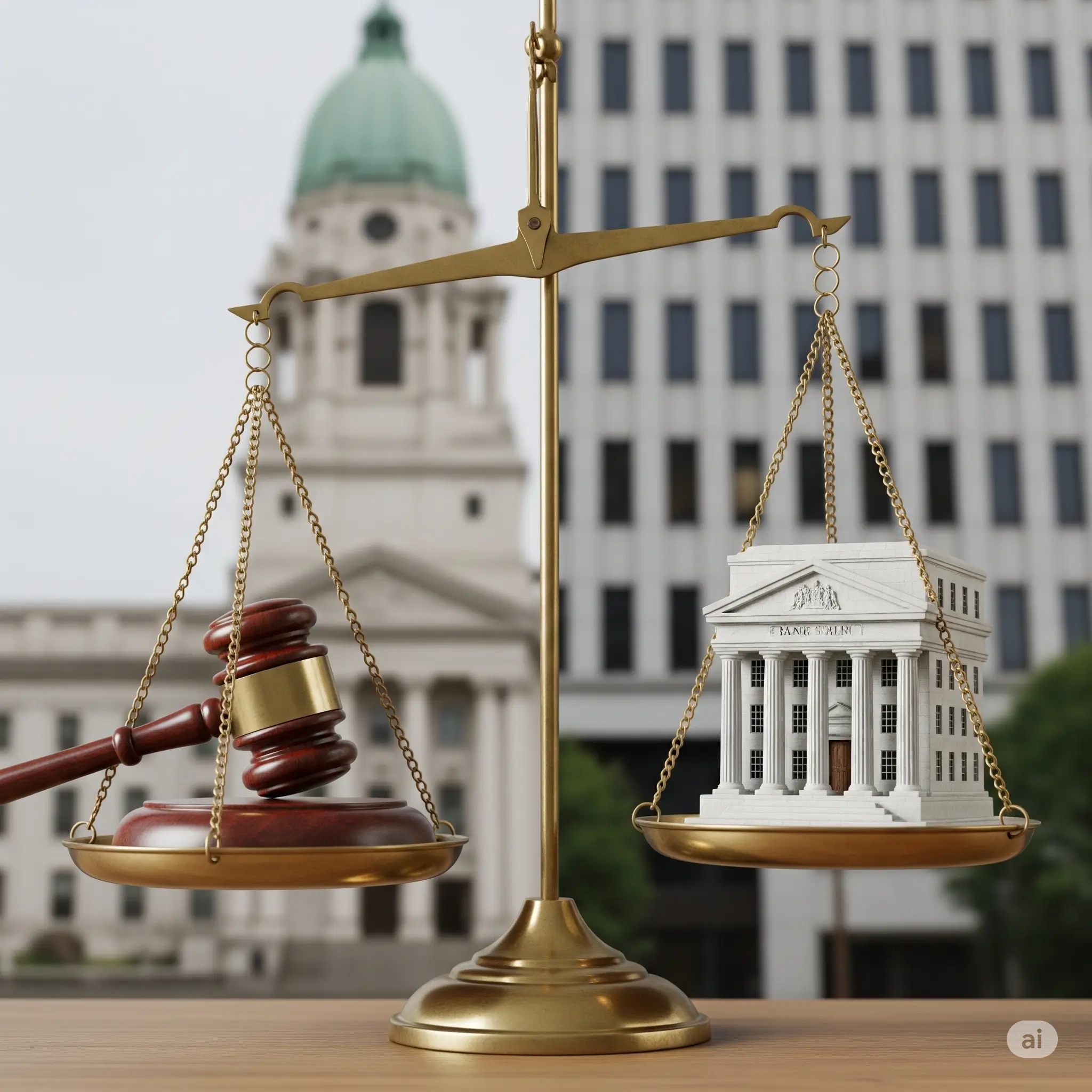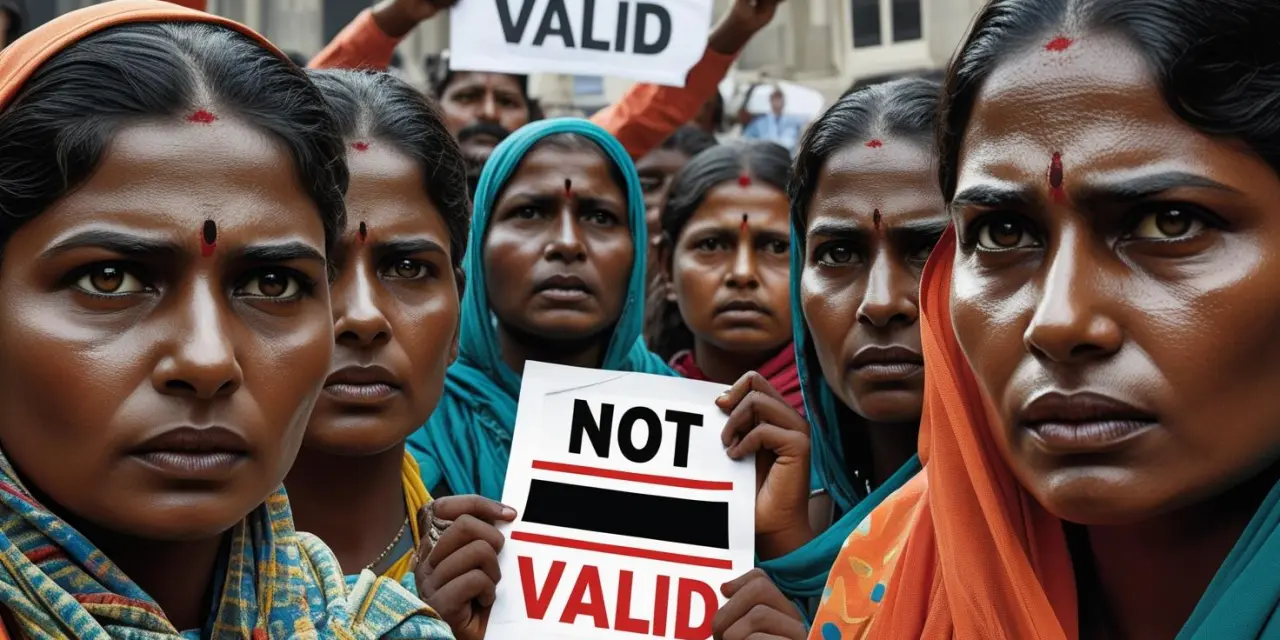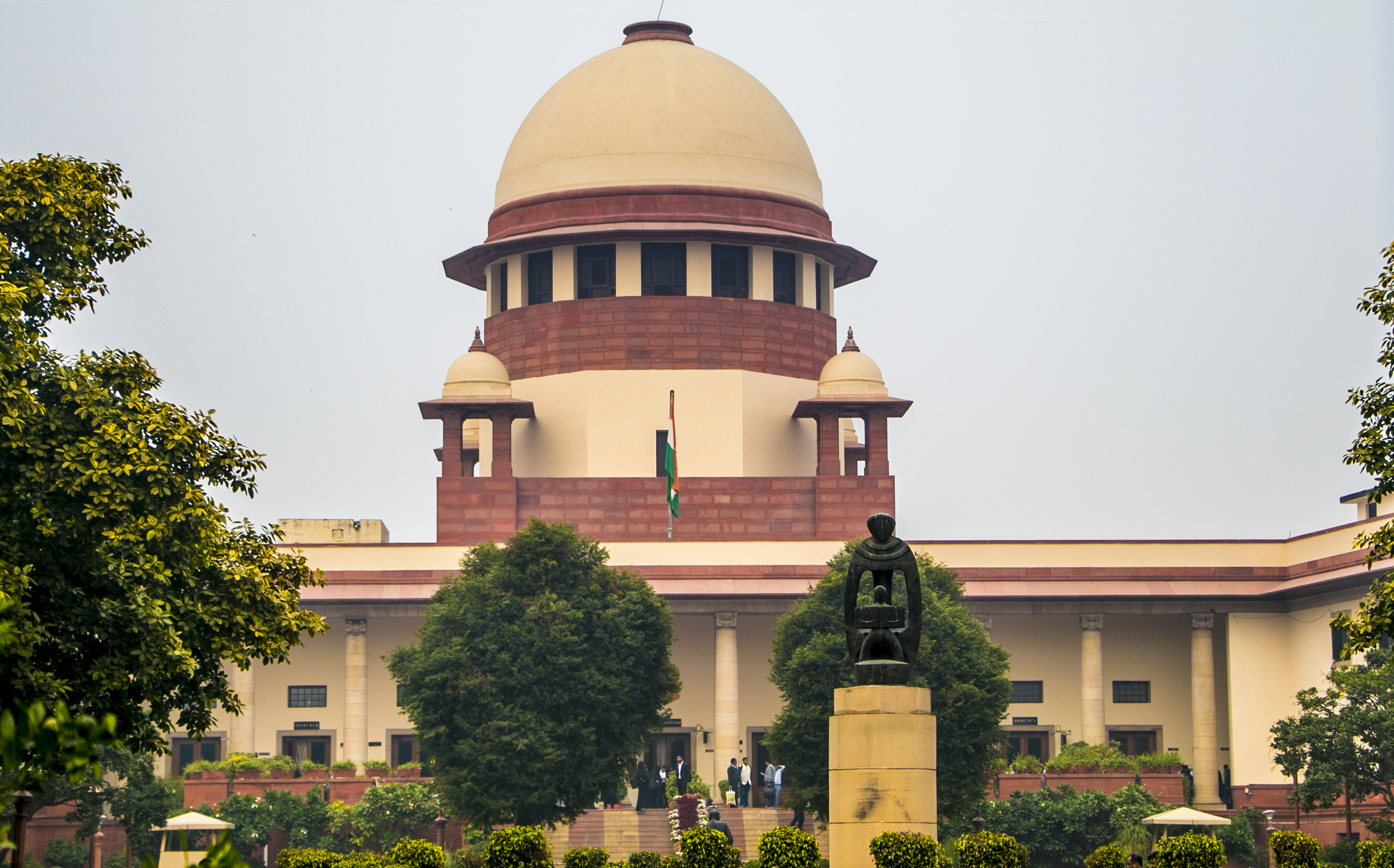Bar Council of India to Review Advocate Engagement Rules

New Delhi, India - The Bar Council of India (BCI) is at the center of a growing national conversation regarding the professional conduct and engagement rules for advocates. While there has been no formal announcement of a comprehensive review, a confluence of recent events, including a withdrawn amendment bill and the increasing use of social media for professional purposes, has intensified the debate around the archaic regulations that govern how lawyers can interact with potential clients.
At the heart of the matter are the BCI's stringent rules that prohibit advocates from advertising their services or soliciting work. Rooted in the belief that the legal profession is a noble calling rather than a commercial enterprise, these regulations are enshrined in the Advocates Act, 1961, and the Bar Council of India Rules. The intention behind these decades-old rules is to maintain the dignity of the legal profession and prevent unseemly competition among lawyers.
However, in an era of rapid technological advancement and a burgeoning legal market, many practitioners, particularly first-generation lawyers, argue that these restrictions are outdated and create an uneven playing field. They contend that the prohibition on advertising disproportionately benefits established lawyers and law firms with extensive networks, while hindering the visibility of new entrants to the profession.
The Call for Reform and the Withdrawn Bill
The discourse around reform gained significant momentum with the introduction of the Advocates (Amendment) Bill, 2025. The bill contained several proposed changes to the existing legal framework, including some that were interpreted as potentially relaxing the rigid advertising norms. However, the bill was met with widespread protests from various bar associations across the country, who raised concerns about certain clauses that they believed could dilute the BCI's authority and compromise the independence of the legal profession. In the face of this opposition, the bill was withdrawn, but it succeeded in bringing the long-simmering debate over engagement rules to the forefront.
Arguments for and Against the Existing Rules
Proponents of the existing rules emphasize the importance of maintaining the non-commercial nature of the legal profession. They argue that allowing advertising would lead to a focus on marketing and self-promotion rather than on the quality of legal services. There are also concerns that it could lead to misleading claims and exploitation of vulnerable clients. The BCI has consistently maintained a firm stance on this issue, recently issuing cautions against the use of social media platforms by lawyers for promotional activities that could be construed as solicitation.
On the other hand, those advocating for a review of the rules point to the changing realities of the legal landscape. They argue that in the digital age, a complete ban on online presence is impractical and counterproductive. A regulated framework for advertising, they suggest, could enhance public access to legal services by allowing lawyers to disseminate information about their areas of expertise and experience. This, they believe, would empower clients to make more informed choices when seeking legal representation.
The Path Forward: A Balancing Act
The legal community in India finds itself at a crossroads, grappling with the need to uphold its cherished traditions while adapting to the demands of a modern, globalized world. The withdrawn Advocates (Amendment) Bill has highlighted the complexities and sensitivities involved in any attempt to reform the advocate engagement rules.
As the debate continues, the consensus is that any future review will require a delicate balancing act. The challenge for the Bar Council of India will be to devise a regulatory framework that allows for greater transparency and access to information for the public, while at the same time preserving the core values and ethical standards of the legal profession. The future of advocate engagement in India will likely depend on finding a middle ground that embraces the opportunities of the digital age without compromising the integrity and nobility of the legal calling.
A relevant video discussing the Bar Council of India's new rules for law colleges can be found here: BAR COUNCIL OF INDIA New Rules 2026 for Law Colleges. This video provides context on the BCI's role in regulating the legal profession and education in India.



